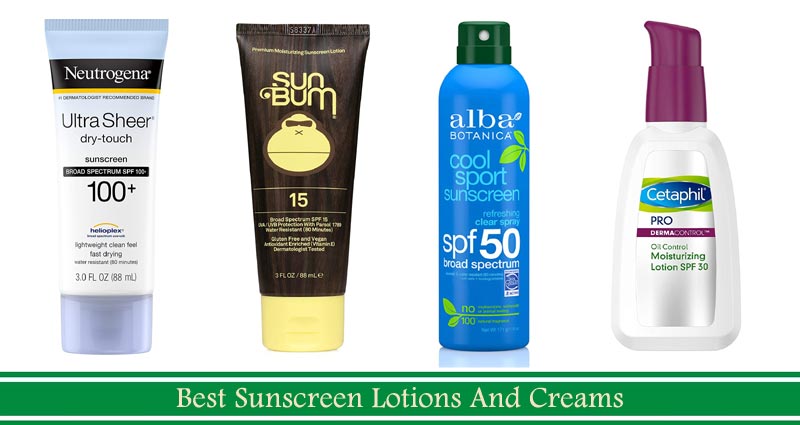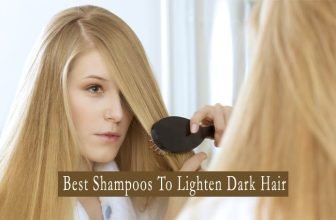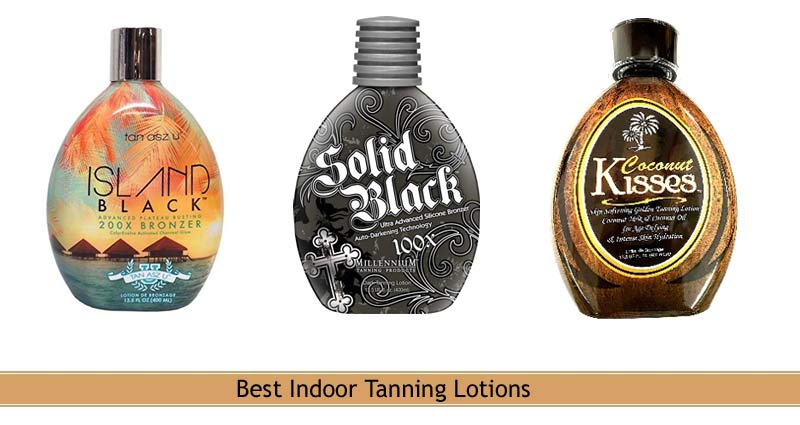
When complaining about skin burns and tans, have you ever wondered if you use the wrong sunscreen? Or, even worse, not using one at all? If you answered yes, it’s time you realized how important sun protection is in skin care. Your skin is subjected to harmful rays of the sun that, in turn, cause damage that could become beyond repair if not taken care of properly.
The injurious rays of the blazing sun could even cause cancer; hence sunblocks are necessary even if you’re out for 5 minutes. Exposure to the sun doesn’t just mean that you would get a skin tan; it affects the skin cells and ruptures them to a worsened level.
We all know what sunscreens are, but for a better understanding, I will explain what it does and how. Sunscreens or sunblocks are a lotions or cream-based product that helps absorb or even reflect some of the UV radiation from the sun’s light. It’s a protectant that helps guard your skin against the sun’s harmful rays.
Frequently Asked Questions on Sunscreen
What is SPF?
Sun Protection Factor, aka SPF, is the sunscreen’s ability to protect the skin from the sun’s harmful rays. Different SPFs will provide different levels of protection. An SPF 15 will be less effective than an SPF 50, so you’ll have to pick and choose yours very diligently.
Don’t fall for high SPFs guaranteeing more cover. An SPF between 15 and 50 will be good enough for your skin. Here, reapplication is the key. You must apply the lotion every 2 hours to keep your skin covered and shielded.
A higher SPF will just give you a reason to stay out in the sun for longer, which is a wrong practice. So, do not make the mistake of roaming about with a firm but not-so-effective SPF sunscreen.
WHAT TO BUY: Sunscreens come in a wide variety today, from different SPFs to matt finishes to even water-resistant ones. You could assess your requirement and pick sunblocks that suit your needs; you might require higher SPFs if you’re out in the sun for long, or a usual 15 should suit your case.
Why should I use a sunscreen?
If your work outside or even travels from home to work, you are subjected to the sun and its harmful UVA and UVB rays. Even if you step out briefly, you mustn’t forget your sunscreen.
Which kind of Sunscreen should I use?
It depends upon how much time you spend under the bare sun. When you pick up a sunscreen lotion for yourself, sun exposure needs to be considered. For usual everyday activities, the SPF 15 works alright, for only those few minutes under the sun. For anything more, you’ll need SPFs that are more effective than that.
Normal skin: A cream-based sunblock is advised for normal skin. Since your skin has no major problems, a simple sunscreen should suffice.
Oily Skin: Get a gel or water-based Sunscreen for those with an oily skin type. Your skin is greasy, and hence something that is gel-based will soak up the excess oil and make it look normal.
Dry Skin: The lotion kind or the one with an intense moisturizer is the one to go for. The formulation of your sunblock should be oily.
Water-resistant sunscreen is also available in the market. So, these can be very handy if you’re running or going to the beach for a dip. These sunscreens are stickier because of their composition but will work well as waterproof. Beachwear-type sunscreen creams are more vital, as the sun would be harder on your skin.
The sun protection factor in those sunscreens should be considered when you buy sunscreen for your requirement. This factor will determine how protected your skin will be under UV rays. It’ll save you from burns and damage and help prevent cancer.
HOW SPFs work?
SPF 15: A rough estimate of about 150 minutes is what this SPF provides you with. Also, it depends upon the amount of sunscreen used and your skin sensitivity. It’s nearly 93% effective under UVB rays. It protects you 15 times more when not wearing any sunblock lotion.
SPF 30: It’s about 97% protective from the UVB rays. Provides double the safeguarding than the SPF 15.
SPF 50: Blocs about 98% of the UVB rays.
Top 10 Sunscreen Lotions And Creams in 2023














